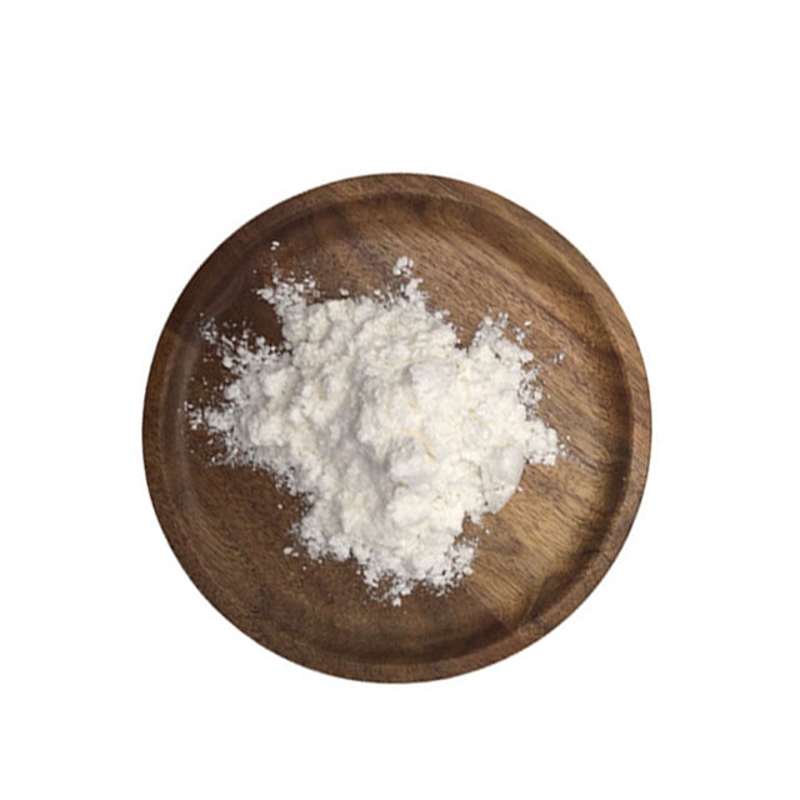Gastroenterology: Diet patterns associated with sulfur metabolism bacteria in feces and colon cancer risk
-
Last Update: 2020-06-23
-
Source: Internet
-
Author: User
Search more information of high quality chemicals, good prices and reliable suppliers, visit
www.echemi.com
Sulfur metabolites microbes can convert sulfur from food into genetically toxic hydrogen sulfide (H2S) and are associated with an increased risk of colorectal cancer (CRC)Recently, researchers identified a dietary pattern associated with sulfur metabolism bacteria in feces, and then used data from a large-scale prospective study of men to investigate the relationship between this pattern and the risk of CRC eventsSince 1986, researchers have collected data from 51,529 male participants to determine the relationship between fecal sulfur metabolism bacteria and colorectal cancer risk in 26 years of follow-upFirst, the researchers analyzed a range of fecal genomes and transcriptions and evaluated the diet using a semi-quantitative food frequency questionnaire to identify food groups associated with 43 bacteria involved in sulfur metabolism, using the data to establish a sulfur microbial diet scoreThe researchers then used the Cox Proportional Risk Model to assess the compliance of the participants (n-48246) on the patternprocessed meats and low-calorie beverages led to an increase in scores associated with high-sulfur microbial diet scores, and a reduced score due to a vegetable and legume dietAfter adjusting for other risk factors, the increased dietary score of sulfur microorganisms was associated with the risk of distant colon and rectal cancer (multivariate relative risk, highest vs lowest quarter score, 1.43)In contrast, the sulfur microbial diet score was not associated with the risk of near-end colon cancer (the relative risk of multiple variables was 0.86)studies have linked dietary patterns associated with sulfur-metabolite bacteria in feces and an increased risk of distant colorectal cancerFurther research is needed to determine how sulfur metabolites participate in the pathogenesis of CRC
This article is an English version of an article which is originally in the Chinese language on echemi.com and is provided for information purposes only.
This website makes no representation or warranty of any kind, either expressed or implied, as to the accuracy, completeness ownership or reliability of
the article or any translations thereof. If you have any concerns or complaints relating to the article, please send an email, providing a detailed
description of the concern or complaint, to
service@echemi.com. A staff member will contact you within 5 working days. Once verified, infringing content
will be removed immediately.







